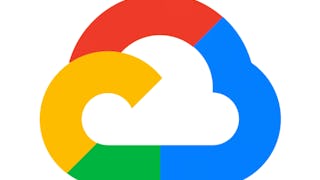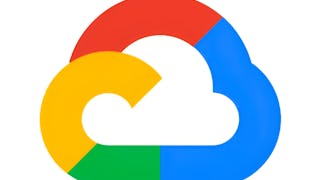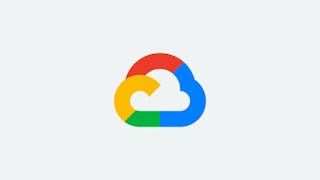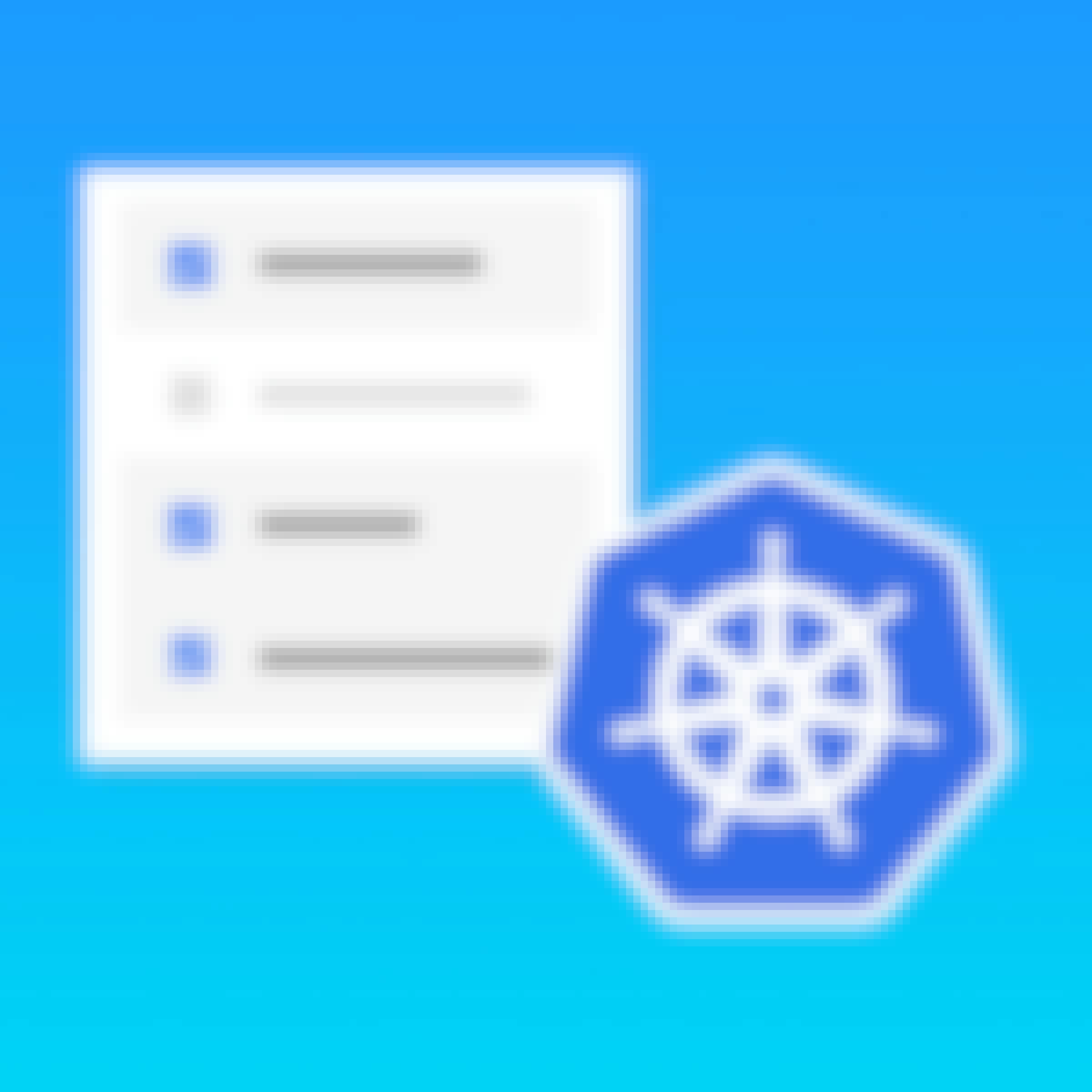Filter by
SubjectRequired
LanguageRequired
The language used throughout the course, in both instruction and assessments.
Learning ProductRequired
LevelRequired
DurationRequired
SkillsRequired
SubtitlesRequired
EducatorRequired
Explore the Scientific Computing Course Catalog
 Status: Free Trial
Status: Free TrialSkills you'll gain: Node.JS, Back-End Web Development, Scalability, Server Side, Authentications, Application Programming Interface (API), Secure Coding, Restful API, User Accounts, Data Modeling, Middleware, MongoDB, JSON, Real Time Data, Databases
 Status: New
Status: NewGoogle Cloud
Skills you'll gain: Big Data, Data Processing, Identity and Access Management, Google Cloud Platform, Data Pipelines, Large Language Modeling, Generative AI, Prompt Engineering
 Status: NewStatus: Free Trial
Status: NewStatus: Free TrialUniversidades Anáhuac
Skills you'll gain: Artificial Neural Networks, Keras (Neural Network Library), Deep Learning, Applied Machine Learning, Tensorflow, Image Analysis, Computer Vision, Natural Language Processing, Artificial Intelligence, Python Programming

Skills you'll gain: Image Analysis, Deep Learning, Computer Vision, Applied Machine Learning

Google Cloud
Skills you'll gain: MLOps (Machine Learning Operations), Google Cloud Platform, Data Modeling, Feature Engineering, Continuous Deployment, Applied Machine Learning, Data Processing, Data Management, Data Storage

Google Cloud
Skills you'll gain: MLOps (Machine Learning Operations), Google Cloud Platform, Feature Engineering, Data Processing, Data Modeling, Data Management, Data Storage Technologies, Data Storage

Skills you'll gain: Kubernetes, Containerization, Google Cloud Platform, Docker (Software), Cloud Computing, Infrastructure As A Service (IaaS), Cloud Infrastructure, Application Deployment, Identity and Access Management, YAML, Command-Line Interface

Google Cloud
Skills you'll gain: Tensorflow, Keras (Neural Network Library), Applied Machine Learning, Deep Learning, Natural Language Processing

Skills you'll gain: Cloud Infrastructure, Google Cloud Platform, Cloud Services, Infrastructure As A Service (IaaS), Kubernetes, Cloud Computing, Cloud Storage, Application Deployment, Public Cloud, Containerization, Data Storage Technologies, Network Infrastructure, Serverless Computing, Identity and Access Management, Virtual Machines, Platform As A Service (PaaS)

Google Cloud
Skills you'll gain: Machine Learning Methods, Deep Learning, Applied Machine Learning, Artificial Neural Networks, Natural Language Processing
 Status: Free Trial
Status: Free TrialSkills you'll gain: React.js, User Interface (UI), Web Applications, User Accounts, Front-End Web Development, User Interface and User Experience (UI/UX) Design, Javascript, Responsive Web Design, Authorization (Computing), Authentications, Data Validation

Skills you'll gain: Authentications, Salesforce, Salesforce Development, Application Programming Interface (API), Systems Integration, Software Documentation, Postman API Platform, Restful API, Cloud-Based Integration, Workflow Management, Data Integration, Integration Testing, Web Development Tools, Authorization (Computing)
In summary, here are 10 of our most popular scientific computing courses
- Full Stack Twitter Clone – API Development: Packt
- Create a RAG Application with BigQuery: Google Cloud
- Deep Learning: Del Concepto a la Práctica: Universidades Anáhuac
- Create Image Captioning Models - Português Brasileiro: Google Cloud
- MLOps with Vertex AI: Manage Features - 日本語版: Google Cloud
- MLOps with Vertex AI: Manage Features - Español: Google Cloud
- Getting Started with Google Kubernetes Engine - 简体中文: Google Cloud
- Encoder-Decoder Architecture - 简体中文: Google Cloud
- Google Cloud Fundamentals: Core Infrastructure - Yкраїнська: Google Cloud
- Attention Mechanism - בעברית: Google Cloud










